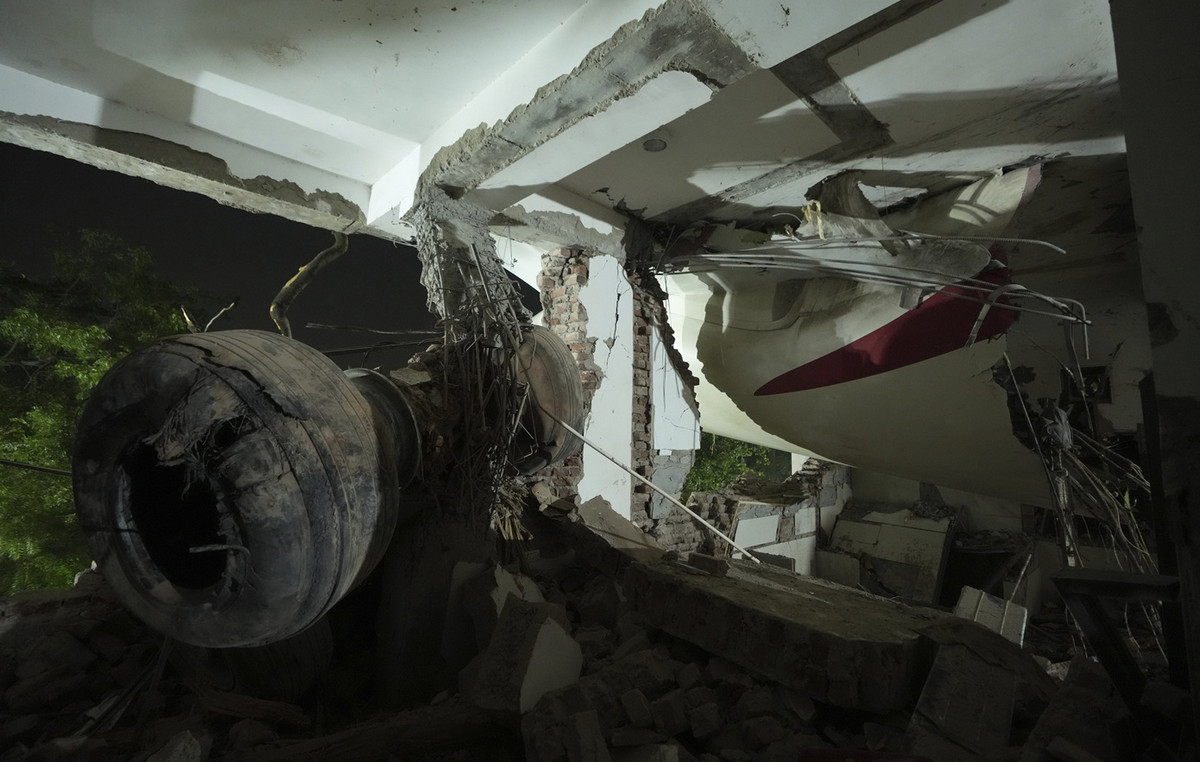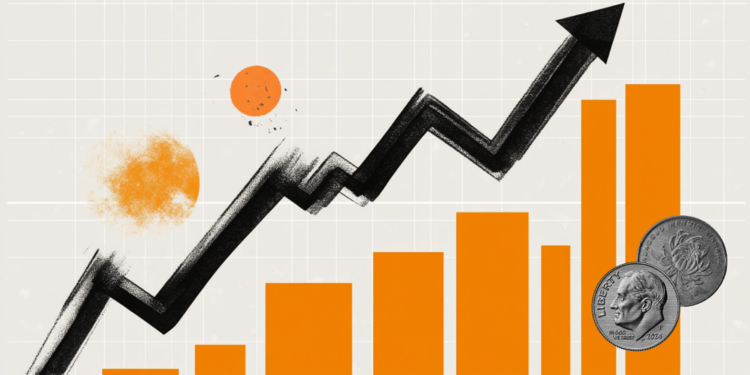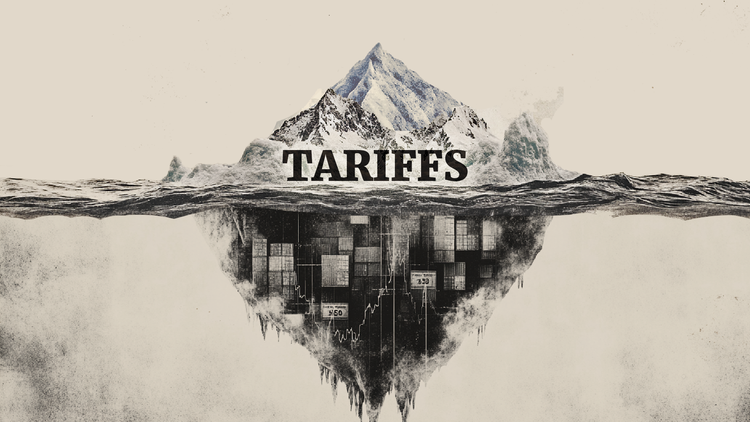By Tasos Dasopoulos
A slowdown, but not a recession, is the common denominator of all three economic scenarios prepared by the Ministry of Finance since the first days of the war in Ukraine, with the aim of having ready support measures in any case that will prevent the worst.
A second common assumption of all three scenarios is that high inflation, combined with the other effects of the war in Ukraine, in addition to the “haircut” of growth from 0.5% to 2% of the budget forecast for growth 4.5% in 2022, will significantly push the Budget endurance. This is given that inflation, in terms of a harmonized index of consumer prices, is expected to range on an annual basis from 5% to over 7%. Officials of the Ministry of Foreign Affairs emphasize that the extreme scenario includes what Russia will want to reciprocate the sanctions imposed on it by the West, and especially Europe, and will reduce or even stop the flow of natural gas to the EU. Ε. It may sound paradoxical at first glance, but Greece, even in this extreme scenario, will have less impact than Germany, due to the country’s relatively less dependence on Russian gas.
The scenarios are based on the assumption that private consumption will increase, in any case exports and investment will not be affected by the war, while we will have rapid implementation of the projects and investments of the Recovery and Sustainability Fund and the rest of the Community initiatives that will mobilize public investment totaling € 12 billion.
The course of tourism will be a big question mark, which is now expected to be hit not only by Ukrainians and Russian tourists who will not come, but also by tourists from other countries, whose incomes will no longer allow them to travel to Greece.
Along with Greece, both the Commission and the ECB have so far continuously revised the baseline scenario since last December more than three times, mainly in the size of inflation. The rise in prices, according to the ECB forecast, was estimated at 3% for 2022 at the end of last year and today there is a forecast that wants inflation above 7%. On the other hand, the European Commission has made its own estimates, predicting a loss in EU GDP. from 0.5% up to 1%. Based on these forecasts, the IMF sees a slowdown in the global recovery by 1%, but outlines the ghost of stagflation as one of the dangers.
Support measures
YPOIK estimates for the economy in 2022 and 2023 have another important assumption. That even in the worst case scenario there will be continued support for businesses and households in the face of the effects of accuracy. Drawing on the experience we gained during the pandemic, when the economy was really frozen due to constraints, the only thing that kept businesses open and secured jobs was the € 43 billion support measures. This huge amount helped us not to have the explosion of unemployment and the padlocks that everyone was waiting for.
Last week, the co-responsible Ministries of Finance, Energy, Labor and Rural Development announced a new package of measures worth 1.12 billion euros to support businesses and households. Of this, 490m euros will be spent on precision checks, fuel subsidies, and the repayment of 3 billion euros in repayable advances at 96 instead of 60 installments for measures for farmers. With the exception of the fuel subsidy, which will last until the end of June, all other measures concern only April.
What has been given so far
With the package of 1.12 billion euros, the support measures that have a fiscal impact on the debt and the deficit reached 1.39 billion euros since last December. The 338.6 million euros were given for an allowance given at Christmas and 270 million euros for the extension until June to financially vulnerable disabled people and health workers. Another € 278 million was allocated to extend low VAT rates on catering, tourism, transport, theater and cinema tickets, gyms and dance schools. Another 190 million euros is estimated to be the net budget cost for the further reduction of ENFIA from 2022 onwards. The Minister of Finance states at every opportunity that either in April or in May he wants to institute the extension until the end of the year of the reduced VAT measure in catering, tourism, transport, theater and cinema, which expires at the end of June. And this intervention is expected to cost another 280 million euros, which certainly do not exceed, but are given in view of the tourist season in order to orthopedically those sectors that were hit hardest by the pandemic.
From the budget area of about 2 – 2.3 billion euros created by the best expected course of the economy in 2021 and the excess of revenues by 570 million euros in the two months January-February, there are now another 500-600 million euros for to meet the needs created by precision in the coming months. The turning point for Greece will be the period in which the money from polluting revenues will be exhausted and now the subsidies to households and businesses will be covered by the Budget revenues, producing a deficit and debt anything but necessary.
If we believe the rumor that the end of the pollution bill will come by May, then the whole European South (Greece, Italy, Spain, Portugal) will need the help of its partners in order to keep their economies from recession.
In this sense, the Summit in Brussels is expected to be particularly important for Greece, where it will have to give credible answers to the question of support measures, and especially for the budgetary space that the Member States should have available. to support their economies.
Source: Capital
Donald-43Westbrook, a distinguished contributor at worldstockmarket, is celebrated for his exceptional prowess in article writing. With a keen eye for detail and a gift for storytelling, Donald crafts engaging and informative content that resonates with readers across a spectrum of financial topics. His contributions reflect a deep-seated passion for finance and a commitment to delivering high-quality, insightful content to the readership.







